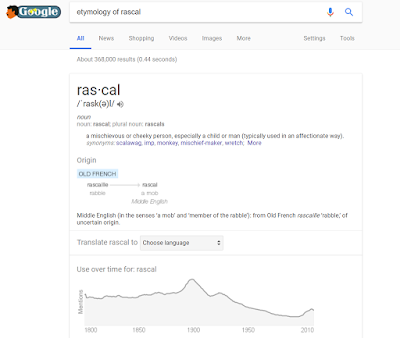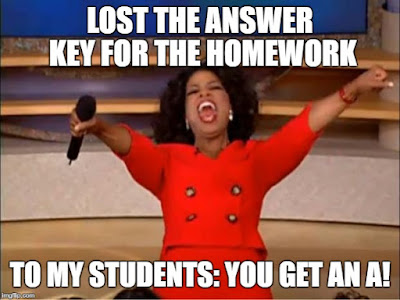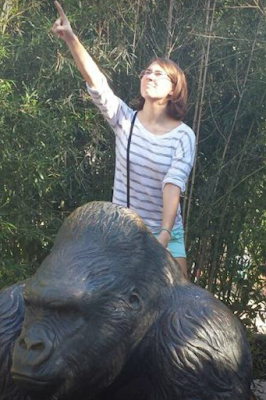Tech Tip: Google Define and Etymology
For my final Tech Tip, I decided to check out Google's define and etymology look-up tools. I know what you're thinking and it's probably "Big surprise, linguist nerd" with a sarcastic tone and maybe even complete with an eye roll. Yes, I love all things linguistics, so of course I am taking every opportunity to talk about it. I decided to focus on using Google's etymology feature and sent out a message to a few friends for ideas of words to search. I received too many awesome words so I did my top 3 favorites.
The first one I tried was 'rascal' because the person that suggested it wondered if it was related to 'Raskolnikov'. Unfortunately, I couldn't find any evidence suggesting the word came from the character's name and my research came up with the result that they are unrelated.
The first one I tried was 'rascal' because the person that suggested it wondered if it was related to 'Raskolnikov'. Unfortunately, I couldn't find any evidence suggesting the word came from the character's name and my research came up with the result that they are unrelated.
Screen shot of Google search results for 'rascal etymology'
The second word I looked up was 'gargantuan.' I was surprised to learn that this word originated from the 16th century book Gargantua.
Screen shot of Google search results for 'gargantuan etymology'
The last word that I searched for was 'mollycoddle.' This word was suggested by my boyfriend. He is a very avid reader, so he's come across some pretty awesome and peculiar words along the way.
This last one was my favorite one to learn about. The word is very fun to say, so I think it would be interesting to see how people would react if I started using it in everyday speech. I think it is very interesting that the word now means to pamper someone in a protective sense, but it comes from 'molly' meaning 'prostitute.' Some words that seem so normal now, have very strange, dirty, and vulgar beginnings. I find this type of meaning change to be one of the best things about language changes.






Comments
Post a Comment